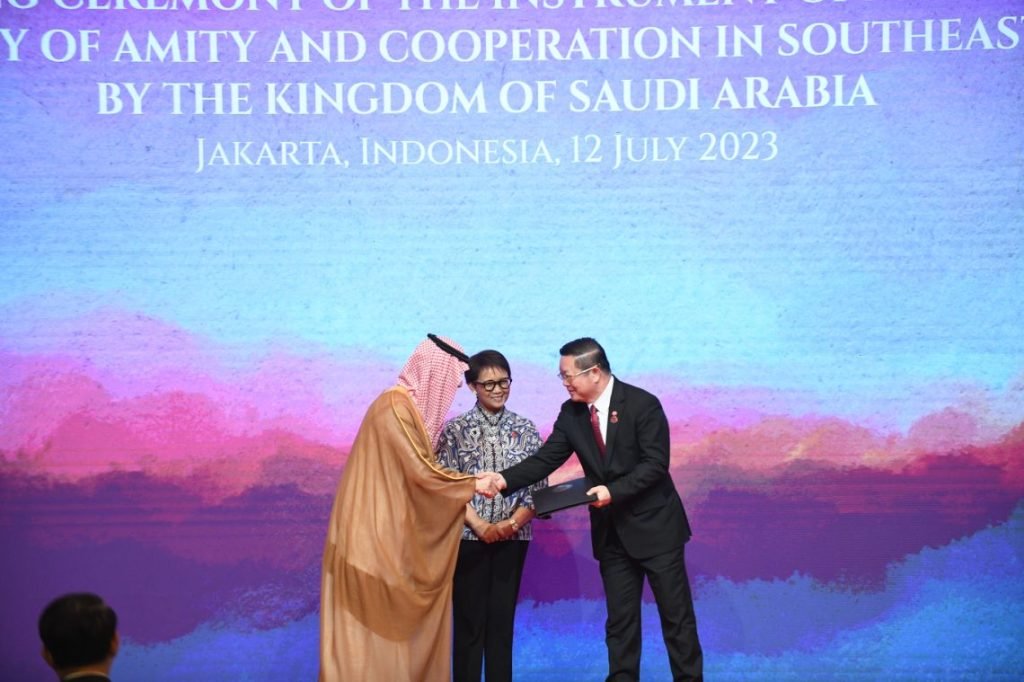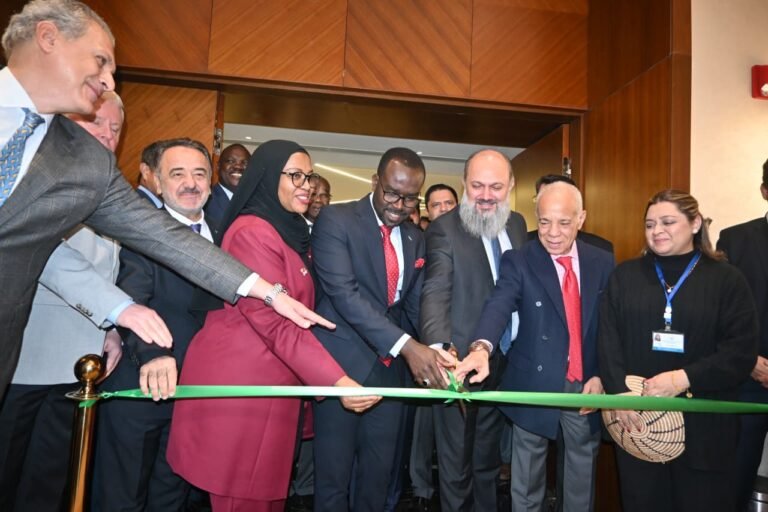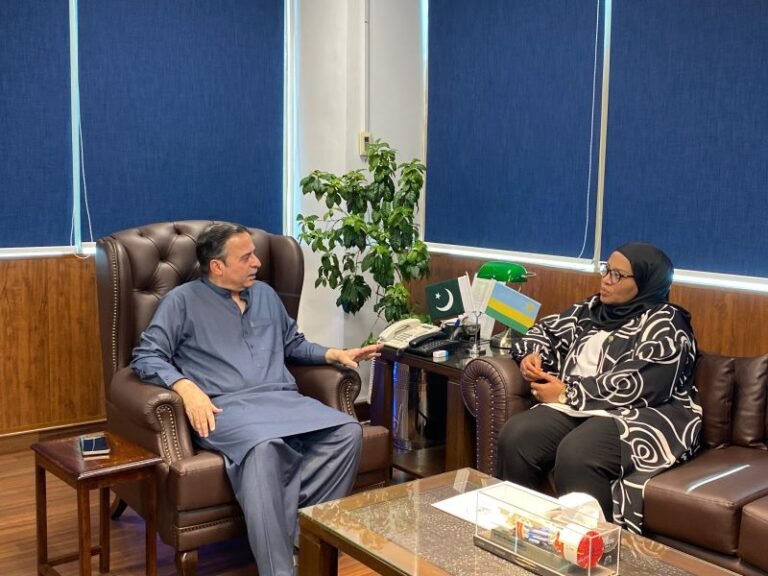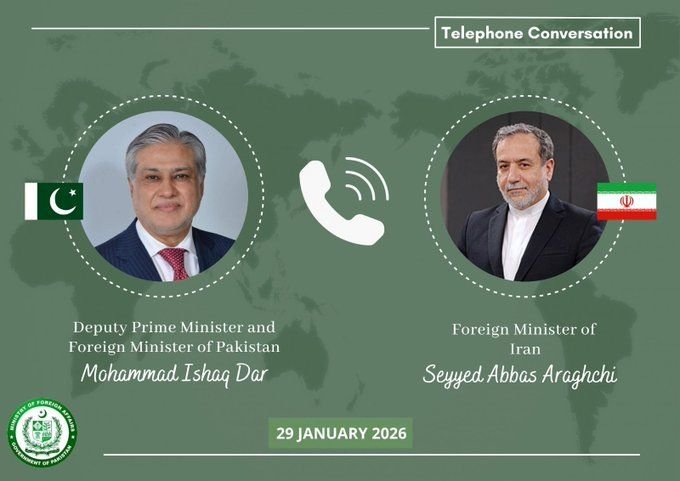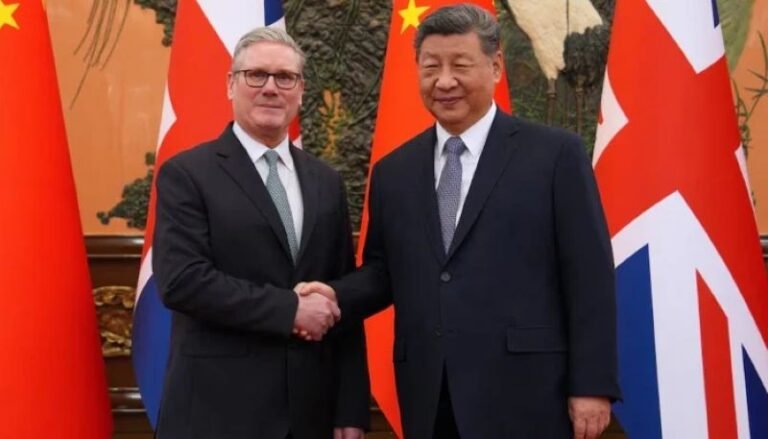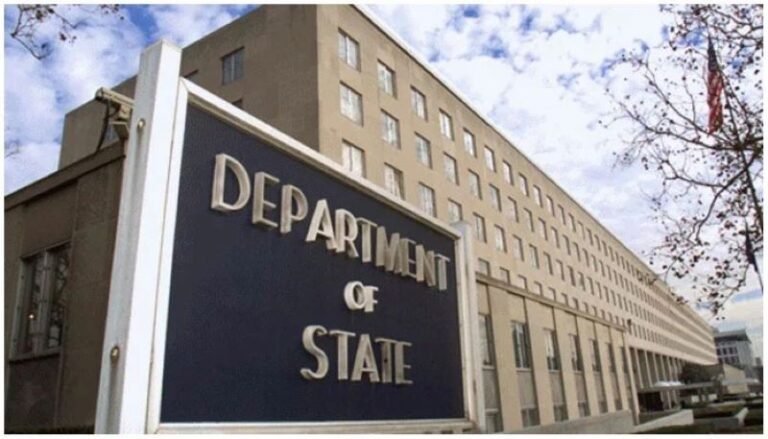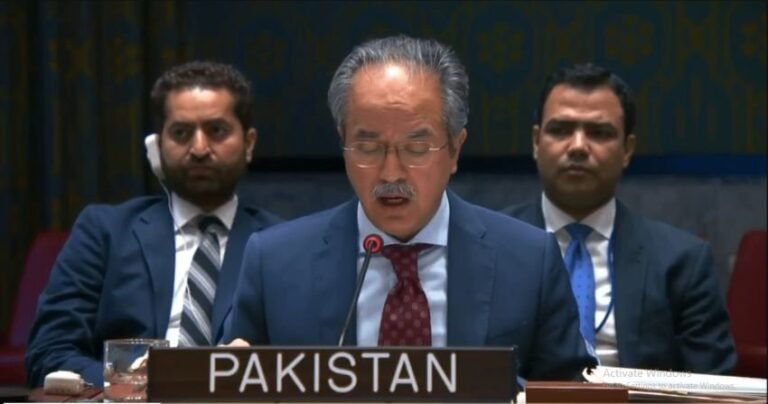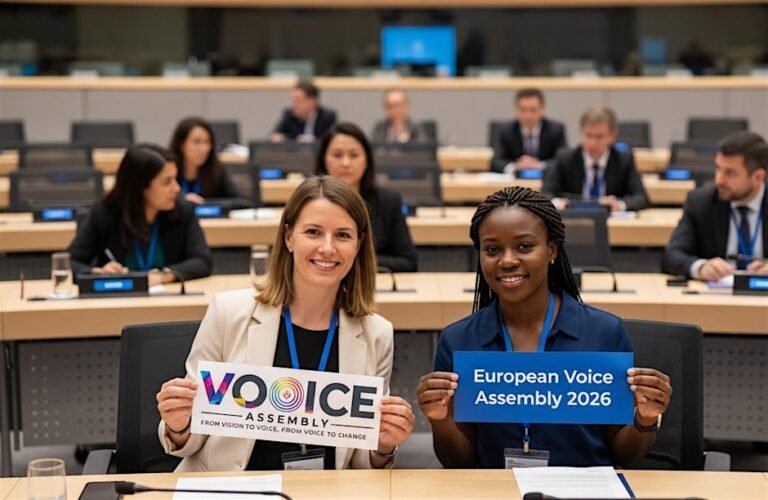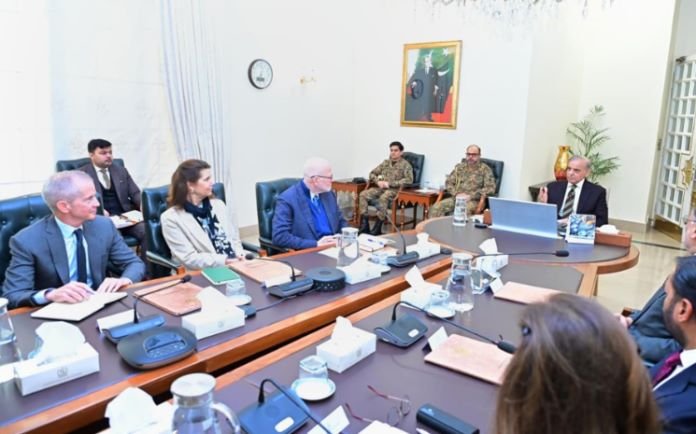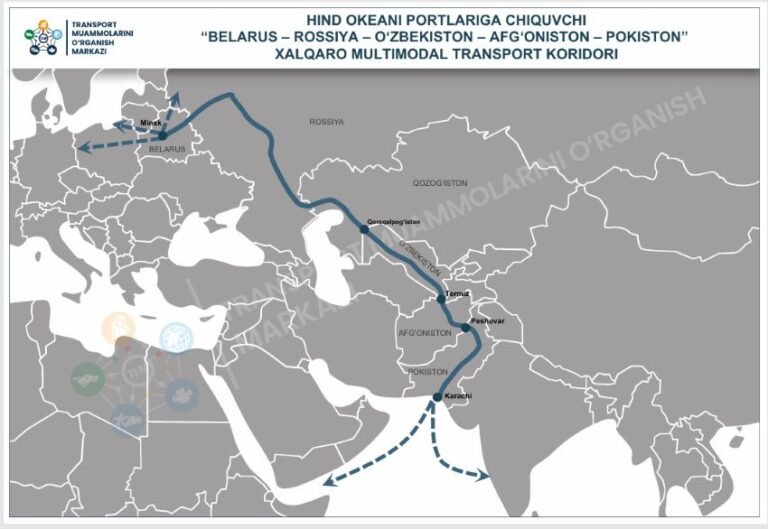Jakarta, 13 July 2023 (TDI): ASEAN Foreign Ministers, along with Secretary-General Dr. Kao Kim Hourn, observed the signing of the Instrument of Accession to the Treaty of Amity and Cooperation in Southeast Asia (TAC) by the Kingdom of Saudi Arabia.
The Minister of Foreign Affairs of the Kingdom of Saudi Arabia signed the document during the 56th ASEAN Foreign Ministers’ Meeting and Related Meetings in Jakarta on July 12. With Saudi Arabia’s accession, the number of High Contracting Parties to the TAC now stands at 51.
Established in 1976, TAC or Treaty of Amity and Cooperation in SEA embodies the principles of peaceful coexistence and friendly cooperation. Today at #56AMMPMC, Kingdom of Saudi Arabia signed the instrument bringing the number of High Contracting Parties to the TAC to 51. pic.twitter.com/ZgkiXnpZtc
— ASEAN (@ASEAN) July 12, 2023
This significant signing ceremony underscores the increasing recognition given by external partners to ASEAN, demonstrating their commitment to upholding ASEAN’s fundamental principles and values enshrined in the TAC.
The Treaty of Amity and Cooperation (TAC) in Southeast Asia, an agreement promoting peaceful coexistence and friendly cooperation among nations, welcomed the Kingdom of Saudi Arabia as its newest signatory. The signing ceremony took place during the 56th ASEAN Ministerial Meeting, reflecting the Kingdom’s commitment to fostering regional stability and mutual understanding.
Also Read: ASEAN brief SEANWFZ commission in Jakarta
Established in 1976, the TAC has served as a crucial framework for enhancing diplomatic relations and fostering a climate of trust and harmony across Southeast Asia. With the accession of the Kingdom of Saudi Arabia, the number of High Contracting Parties to the TAC has reached an impressive milestone of 51, further solidifying its role as a symbol of regional unity.
The Treaty’s core principles, which encompass respect for sovereignty, non-interference, and peaceful dispute resolution, have proven instrumental in nurturing an environment conducive to collaboration and prosperity.
The inclusion of the Kingdom of Saudi Arabia as a signatory to the TAC is a testament to its dedication to fostering regional stability and strengthening ties with Southeast Asian nations.
Also Read: ASEAN Secretary-General spearheads successful AJSMJ
The Kingdom of Saudi Arabia’s participation in the TAC will undoubtedly enrich the diversity of perspectives and contribute to the ongoing efforts aimed at advancing sustainable development, economic growth, and cultural exchange in Southeast Asia.

